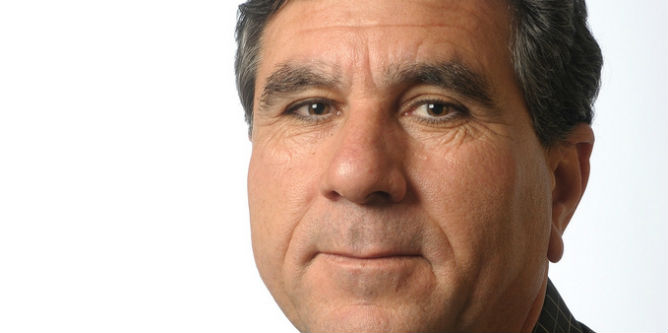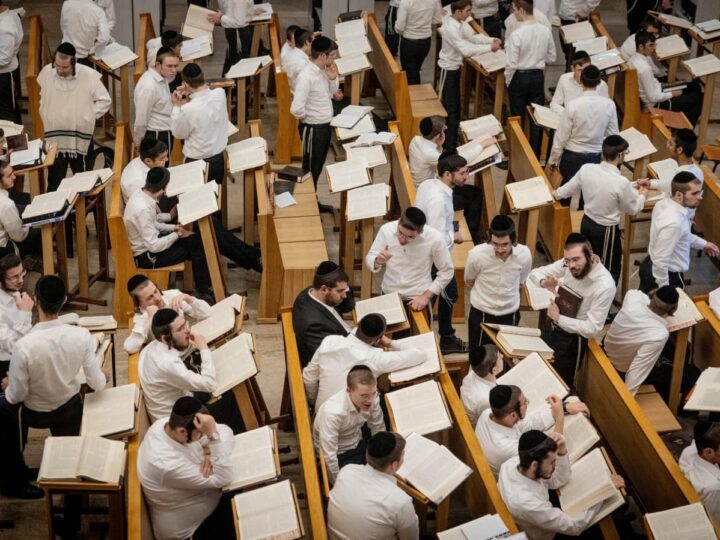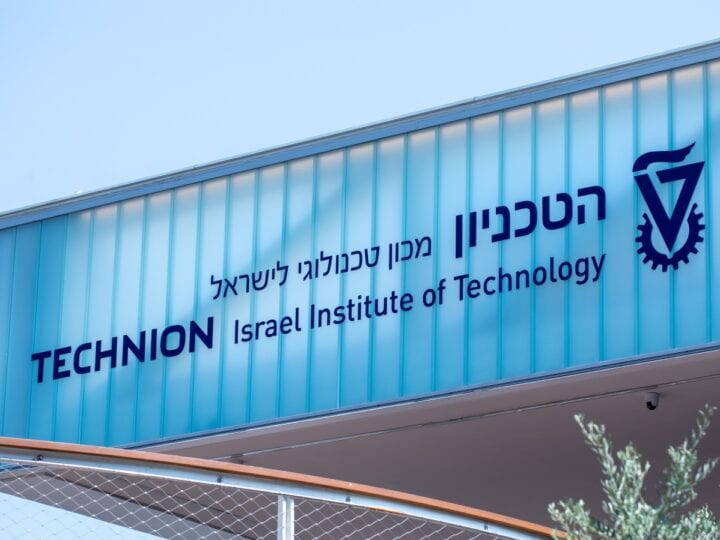Diplomats haven’t made many inroads in relations between the Arab and Jewish populations of Israel. A Bedouin-Arab professor of social workbelieves better results would come from the collective wisdom of the educators and mental-health professionals who understand the situation’s everyday impact on those populations.
“Human-service professionals and educators in Israel and Palestine possess untapped potential to positively impact peace-building and reconciliation in this most volatile region,” says Ben-Gurion University of the Negev Department of Social Work Prof. Alean Al-Krenawi. “They have the potential to proliferate a message of understanding, tolerance, forgiveness and reconciliation.”
The notion arose from eight years of researching the impact of political violence on Jews and Arabs, he tells ISRAEL21c from Canada, where he is finishing his newest book, “Psychosocial Impact of Political Violence: The Israeli Palestinian Case.”
After interviewing people across the region, he concluded that the suffering among what he terms “tomorrow’s players” on both sides is acute, and not much is being done about it.
Spread the Word
• Email this article to friends or colleagues
• Share this article on Facebook or Twitter
• Write about and link to this article on your blog
• Local relevancy? Send this article to your local press
“Many children are growing up impacted by ongoing political violence,” Al-Krenawi says. “The level of post-traumatic stress disorder is very high, and there are a lot of psychological problems that affect family functioning. What will happen in the future to these youth who will be leading the region, if they’re carrying psychological trauma?”
His solution is to gather professionals who have developed their own strategies for dealing with problems caused by conflict. “Rather than just talk about it, they will be using their knowledge as a lever to bring people together and open a dialogue.”
The US Agency for International Development (USAID) has gotten behind Al-Krenawi’s “Building Peace Through Knowledge” proposal with a$760,160 three-year grant.
The empty chair
Al-Krenawi, born in the Bedouin Arab city of Rahat near Beersheva 50 years ago, earned his bachelor’s degree in social work at Ben-Gurion, hismaster’s from the Hebrew University of Jerusalem and his doctorate from the University of Toronto.
As an Arab, he has entrée to areas most Israelis cannot frequent, including Gaza and the Palestinian Authority-controlled territories. As a professor at an Israeli university, he has the trust of Jewish Israelis as well.
In Ramallah, the unofficial capital of the Palestinian Authority, a teacher told Al-Krenawi that when he sees an empty chair in his classroom, he wonders if the child’s absence is related to the conflict. He wonders, too, if an Israeli teacher seeing an empty chair has similar thoughts. If he could talk to that teacher, he told the professor, they might find they have much in common.
“The idea of bringing Palestinians and Israelis together to talk about the effects of political violence and bereavement will lead to the sharing ofknowledge,” he says. “My goal is to develop a model of intervention that is culturally and religiously appropriate to each side.”
Al-Krenawi believes that the program will build strong ties between the professionals, helping them to deal with the trauma among their clientelewhile, at the same time, becoming ambassadors for peace.
Both sides eager to learn from each other
An orientation meeting of about 40 Israeli and Palestinian psychiatrists, psychologists, social workers, school counselors, principals and teachers already took place in December, at East Jerusalem’s Ambassador Hotel. “Many Israelis have said they’ve never stepped into a hotel inEast Jerusalem and certainly haven’t stayed there overnight,” he relates.
“In our first meeting, people started to say, particularly the Palestinians, that they were looking at Israelis differently,” he reports. “Both sides wereeager to learn from each other. People were so busy talking they didn’t want to break for dinner.”
Al-Krenawi plans future meetings in Jerusalem or Bethlehem. Eventually he hopes to offer participants seminars at the university, which is in Beersheva. And he envisions adding policy-makers from both sides to the mix – “people with influence, to serve as stakeholders.”
He’s been interviewed on Israeli and Arabic radio stations to “market” the project which USAID is monitoring.
“USAID will work closely with me and my team, and the university will issue reports [to the agency] quarterly,” he says.
Over the course of the three years, each participant will share knowledge and explore ways to facilitate reconciliation and forgiveness between their communities. They will also teach the tools and techniques they’ve developed to others within their respective communities. Politics will be left at the door.
“I spent several months on recruitment, trying to find the right people on both sides,” says Al-Krenawi. “I was looking not just for coexistence advocates but adversaries as well. A psychologist living in Nablus told me he’s 41 years old and has never sat side by side with a Jewish person. That’s the kind of thing that assures me we are raising the unheard voice. These are the people suffering from the violence, regardless of whom to blame. That’s the empty chair.”
















